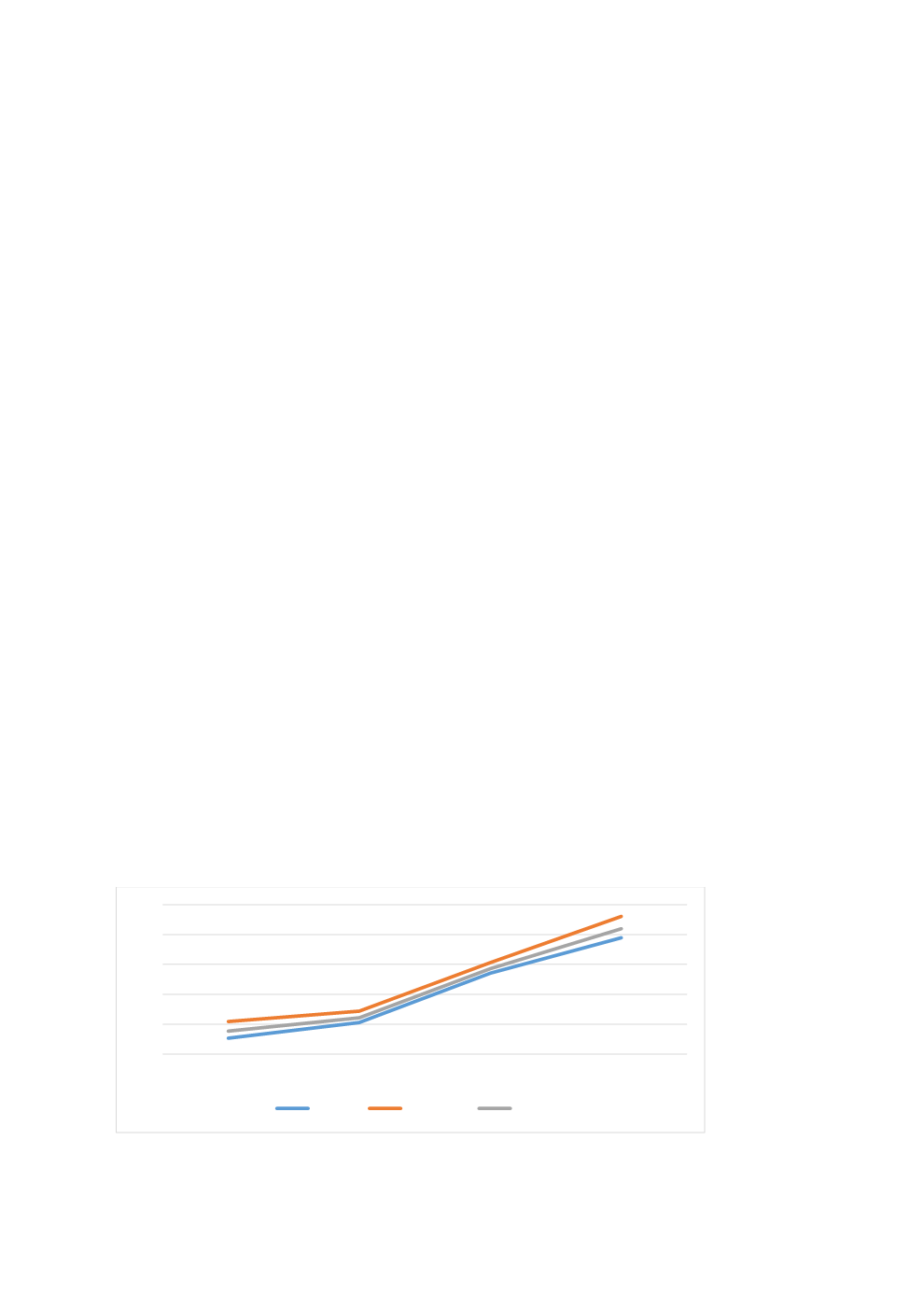

171
Southwest Nigeria confirms that learners tend to learn to perform better in schools when they
are educated for six years in their mother tongue (Bamgbose, 1976; Bamgbose, 2005).
However, English remains largely the language of instruction at all educational levels, especially
in private schools and urban areas (Adekola, 2007; Ojetunde, 2012; Salami and Oyaremi, 2012;
Ezegwu, 2013). Adekola (2007: 8) notes that "the language policy has been very poorly
implemented to the detriment of student learning. English has become the default language of
instruction at all levels of the primary school". A review of language use in primary and
secondary school in Nigeria shows that schools often start off children with English right from
nursery school level (Ezegwu, 2013). Also, a study on language delivery and cultural promotion
by Ezegwu (2017: 2) observes that secondary school students “want literary works in Standard
English because it is the language of education and it helps their learning of grammar but they
do not always understand English works and want pidgin to help them to understand the texts
and plays”. Humphreys and Crawfurd (2014: 5), observe that medium of instruction has been a
“major impediment to teaching and learning and a cause of dropout and low learning outcomes,
as exams and textbooks are in English”.
Learning outcomes
The National Education Quality Assurance Handbook (FME, 2016) lists the quality standards and
goals of the country's basic education, which include ensuring quality of teaching and learning,
quality of the curriculum, effectiveness of the educational leadership and management, quality
of the learning environment and, quality of care, guidance and safety. These are majorly directed
towards improved learning experiences and skills of the learners. These have not been reached.
In addition to having the largest population of out-of-school children (approximately 25.3
million). Nigeria faces a huge challenge to deliver quality education. Government data on student
performance in national examinations show that Nigeria is making progress. At the senior
secondary school level, two major nationwide examination systems are provided by the West
African Examination Council (WAEC) and National Examination Council (NECO). In addition, a
transitional examination (from senior secondary to tertiary education level) is offered by the
Joint Admissions and Matriculation Board (JAMB). Analysis of Performance of Senior Secondary
Certificate Examination (SSCE) Candidates in National Examinations Council (NECO) between
2011 and 2015 shows that that has been increased in learning outcomes. The 2013 – 2016 final
results indicate that candidates’ performances increased from 47.6% in 2013 to 81.9% in 2016
(National Bureau of Statistics, 2017) (see
Figure 3.4.3
).
Figure 3.4.3: National Examination Council Final Senior Secondary Schools Examination,
2013-2016
Source:
Author; data is from the National Bureau of Statistics 2017
0,4
0,5
0,6
0,7
0,8
0,9
2013
2014
2015
2016
Male
Female
Total
















